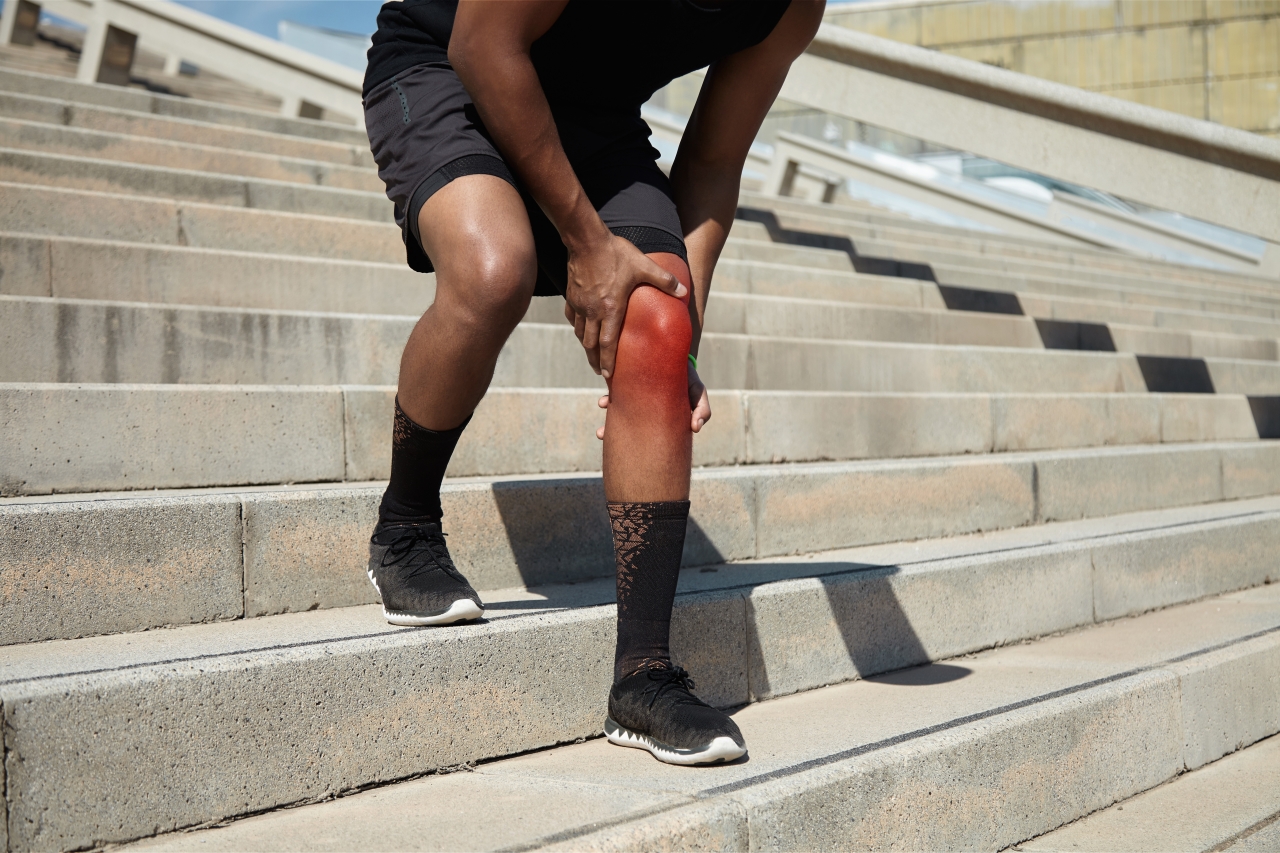Safety Tips for People at High Risk of Serious Illness from COVID19
- Updated on: 2020-04-24
- Read original article here

Learn how vulnerable individuals can decrease their chances of getting COVID-19 while continuing to meet life-sustaining needs
The new coronavirus, COVID-19, can affect people of all ages. Although many people with COVID-19 experience mild symptoms and can safely recover at home, older adults and people who have other health conditions are at a higher risk of becoming severely ill and experiencing complications from COVID-19.
If you or your loved one is at high risk of becoming seriously ill from COVID-19, you may be understandably concerned. Here are things you need to know about risk factors for COIVD-19 complications, as well as suggestions for how you can lower the chances of infection.
Who is at high risk of becoming seriously ill from COVID-19?
Adults over the age of 65 are at a higher risk of becoming seriously ill from COVID-19. The Centers for Disease Control and Prevention (CDC) has reported that 8 out of 10 COVID-19 deaths in the United States have been in adults 65 years old and older.
Older adults who live in nursing homes are at especially high risk of COVID-19 infection due to living in close proximity to others. Nursing home residents often have other health conditions that put them at higher risk of developing COVID-19-related complications.
People of any age are at risk of serious illness from COVID-19 if they have health conditions, including:
How can I protect myself or my loved one from COVID-19 infection?
If you or your loved one is at high risk for COVID-19 complications, the best way to reduce the risk of contracting COVID-19 is to avoid contact with people who do not live in your household by staying home as much as possible. You should also follow all public health guidelines, including recommendations for social distancing, proper hand hygiene, cleaning and sanitizing of surfaces, and wearing a cloth face covering when going out in public. For a complete list of ways to reduce the risk of possible exposure to COVID-19 see Nuvance Health’s COVID-19 FAQs.
You can also take care of your immune system and overall well-being by getting regular exercise, managing stress, eating a balanced, healthy diet, and getting plenty of quality sleep.
How can I safely get groceries, supplies, and medications?
Even if you do your best to avoid going out as much as possible, you will still have to get supplies and groceries, as well as obtain medications. Here are a few tips to help you stay safe while performing these life-sustaining tasks:
Minimize contact with others by using online shopping services with “contactless” delivery options as much as possible. If delivery is unavailable, consider using drive-thru or in-store pickup services to minimize the length of time you spend in the store and the number of people you encounter.
If you must go to the store, consider shopping during less crowded times, stocking up on at least a week’s worth of food and supplies, and making a list before your trip to help you shop quickly and efficiently. Wear a cloth face covering, wipe cart handles with a sanitizing wipe before use, and follow social distancing recommendations. Also, consider shopping at a store that offers special shopping hours for people at high risk of COVID-19 complications.
Use hand sanitizer immediately after leaving the store. Wash your hands immediately after unloading your groceries at home, wash your fruits and vegetables, and consider wiping down packaging — as well as your mobile phone, credit card, or other items that you touched during your trip — with a sanitizing wipe before putting them away.
Use contact-less takeout delivery options as much as possible. If you must leave home to pick up takeout, use contact-less drive-thru services if possible. If you must enter a store to pick up your food, be sure to wear a cloth face covering and follow social distancing recommendations. Wash your hands as soon as you get home. Transfer food from the takeout containers to other bowls and plates and then throw away the containers. Make sure you wash your hands again before eating.
Mail-order pharmacies will deliver prescription medications directly to your door. Some local pharmacies may also offer contactless delivery. However, you may need to contact your physician to request that your prescriptions are sent to a pharmacy that offers these options. You should also be sure to have at least a 30-day supply of prescription and over-the-counter medications on hand.
If you need to visit the pharmacy to pick up medications, try to use the drive-thru instead of going inside the store. If you must go inside the store, follow the same steps as you would for a grocery store outing.
Should I still go to my doctor’s appointment?
If you have questions about whether you should go to your doctor’s appointment, the best thing to do is call your doctor’s office. Although some doctor’s appointments are necessary for your continued health, other doctor’s appointments can be safely postponed. A phone call or virtual visit — which allows you to see, hear, and talk to your doctor from home using the internet — may also be available.
If you need to go to your doctor’s appointment in person, you should ask your doctor if there are any special precautions that they are taking to reduce the risk of COVID-19 transmission — or if there’s anything you can do to protect yourself while you are in the office.
What else is important for me to know?
Please know that it’s okay to ask for help, especially during this public health emergency. If you need help getting supplies, think about family, friends, and neighbors who might be able to safely assist you. Please call your doctor if you have medical questions or concerns.
The bottom line: People who are at high risk of becoming seriously ill from COVID-19 should avoid contact with others by staying home as much as possible. However, taking certain safety precautions can help these individuals lower their risk of infection when visiting the doctor and getting groceries, takeout, medications, and supplies.
Nuvance Health is keeping the communities informed on our website at nuvancehealth.org/coronavirus, and on social media @NuvanceHealth, or search for your hospital’s name.
The observations and information in this article are for educational purposes only, do not constitute medical advice, and do not replace advice of your healthcare clinician.
Nuvance Health is a family of award-winning nonprofit hospitals and healthcare professionals in the Hudson Valley and western Connecticut. Nuvance Health combines highly skilled physicians, state-of-the-art facilities and technology, and compassionate caregivers dedicated to providing quality care across a variety of clinical areas, including Cardiovascular, Neurosciences, Oncology, Orthopedics, and Primary Care.
Nuvance Health has a network of convenient hospital and outpatient locations — Danbury Hospital, New Milford Hospital, Norwalk Hospital and Sharon Hospital in Connecticut, and Northern Dutchess Hospital, Putnam Hospital and Vassar Brothers Medical Center in New York — plus multiple primary and specialty care physician practice locations, including The Heart Center, a leading provider of cardiology care, and two urgent care offices. Non-acute care is offered through various affiliates, including the Thompson House for rehabilitation and skilled nursing services, and the Home Care organizations. For more information about Nuvance Health, visit our website.





